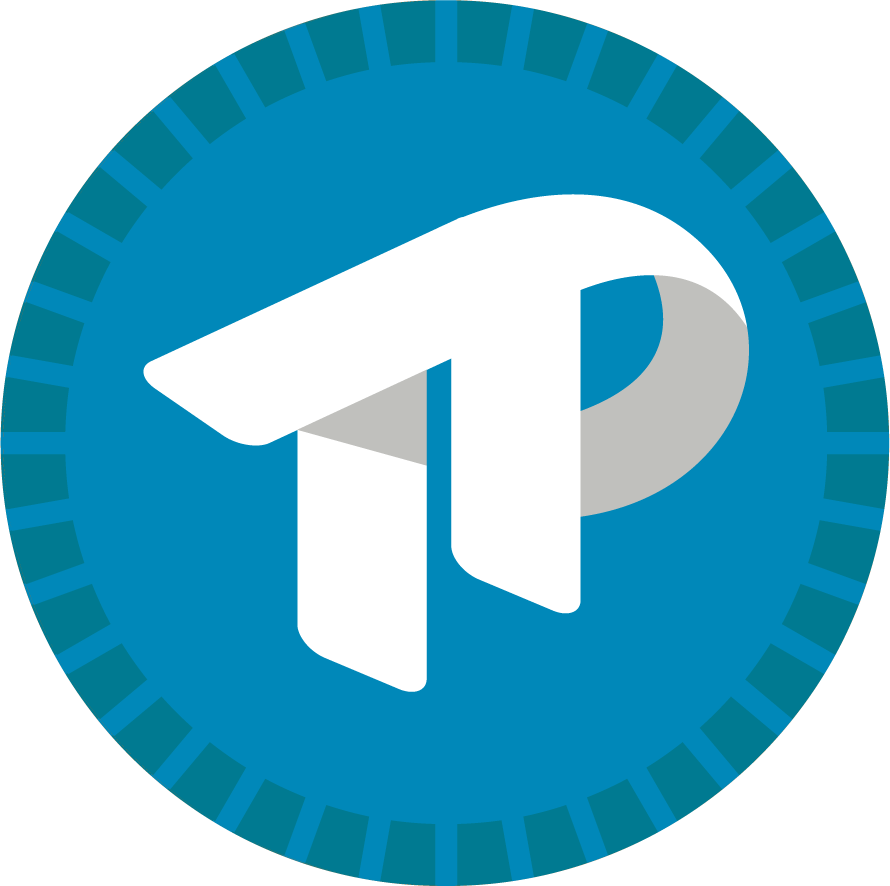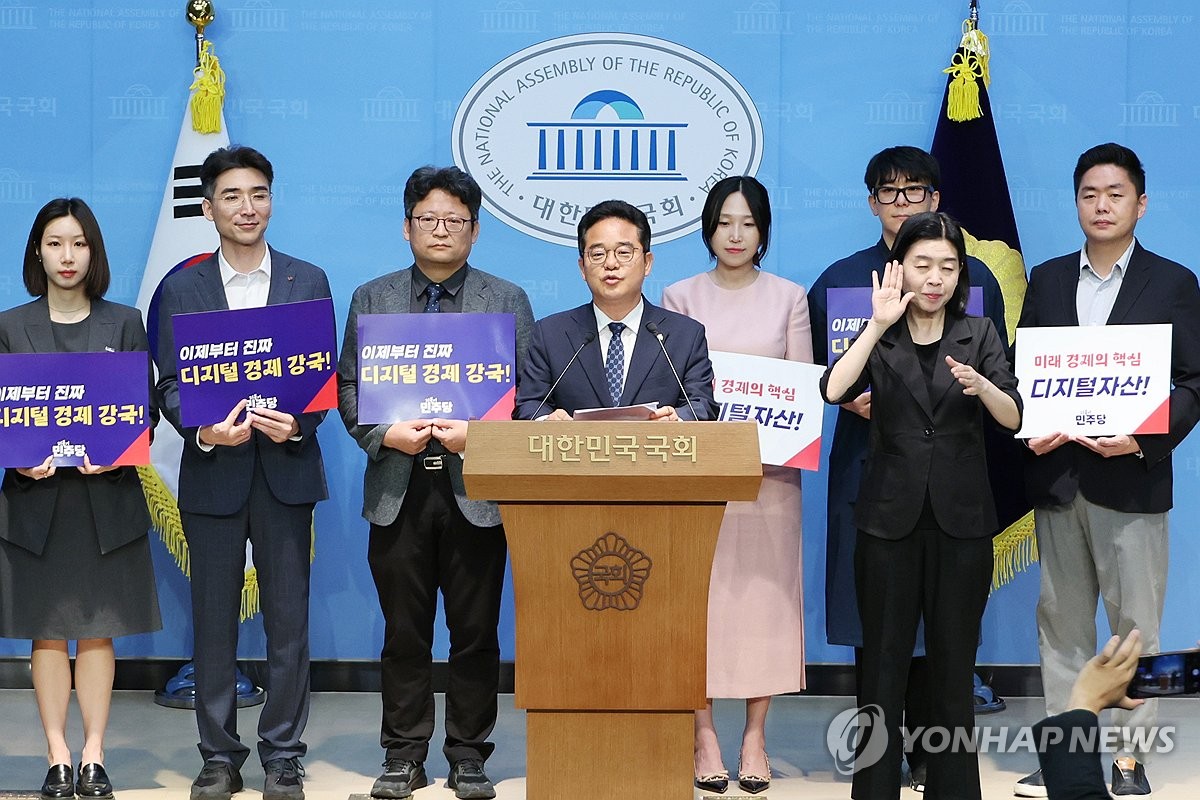South Korea may soon take a step toward integrating Web3 technologies into its political financing system. A new parliamentary seminar aims to explore the possibility of permitting political donations in the form of digital assets, including cryptocurrencies and non-fungible tokens (NFTs), amid growing regulatory interest in the digital finance sector.
The seminar, titled “Political Donations, Now with Digital Assets”, will be held at the National Assembly on Friday, June 13. It is co-hosted by Korea's largest crypto media outlet TokenPost and the International Digital Asset Council (IDAC), with support from lawmaker Min Byung-deok. Technology firm Blocko and the Anti-Corruption Citizens Coalition are also sponsoring the event.

The session will bring together industry leaders, regulators, and legal experts to examine how blockchain-based donations could improve transparency and civic engagement in politics, as well as the institutional hurdles to enabling such a system.
Tokenpost CEO Jiho Kim will present international case studies, including how the U.S. Federal Election Commission (FEC) allowed Bitcoin for campaign contributions. The seminar will also highlight crypto adoption by American politicians such as Andrew Yang, Jared Polis, and Rand Paul.
A key highlight will be a domestic case study: a prototype donation platform developed by Tokenpost for former lawmaker Lee Kwang-jae. The platform used the Klaytn blockchain to automatically issue NFT-based donation receipts via smart contracts — a first in the country that garnered international media attention.
Other speakers will address tax implications, legal considerations, and the technical infrastructure needed to support such a platform. IDAC Chairman Eun-seok Won will outline regulatory challenges, while Lee Ho-seong, head of a tax consultancy, will offer accounting perspectives. Blocko CEO Kim Jong-hwan is expected to share solutions for donor identification and cybersecurity.
The seminar will conclude with a panel discussion titled “Can Digital Assets Be Used for Political Donations in the 2026 Local Elections?” chaired by Professor Park Hye-jin of Sogang University. Participants will include officials from the National Election Commission and the Financial Services Commission, along with legal and civic tech experts.
“Digital assets present an opportunity to enhance both transparency in political funding and citizen participation,” said Kim Jiho, CEO of Tokenpost. “We hope this seminar helps lay the groundwork for Web3 to contribute meaningfully to institutional politics.”
Korea Moves Ahead on Stablecoin Legislation
The seminar comes as South Korea intensifies its efforts to regulate the digital asset space. In early June, the Financial Services Commission (FSC) announced it was drafting comprehensive legislation to govern stablecoins, following global regulatory trends.
The proposed bill aims to clarify the definition of stablecoins, set capital reserve requirements, and establish issuer responsibilities to prevent systemic risks. The move follows recommendations from the Financial Stability Board (FSB) and is expected to be introduced to the National Assembly later this year.
If enacted, the new law would provide legal backing for stablecoin use in areas like cross-border payments, DeFi, and possibly political donations — pending additional election law revisions.
Analysts say South Korea is positioning itself as a leader in Web3 governance in Asia, amid a broader shift toward integrating blockchain into the formal economy and state institutions.



























Comment 0